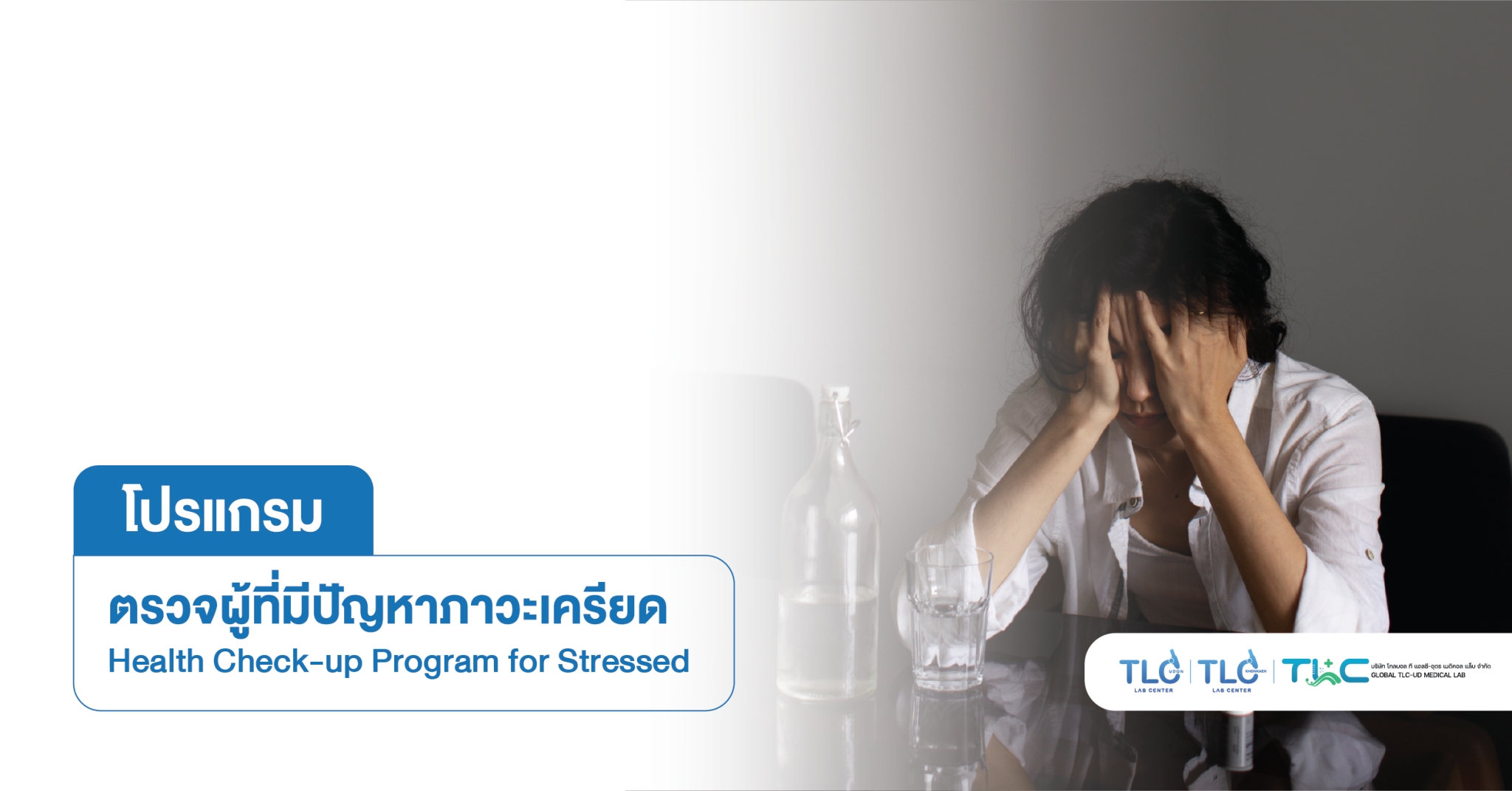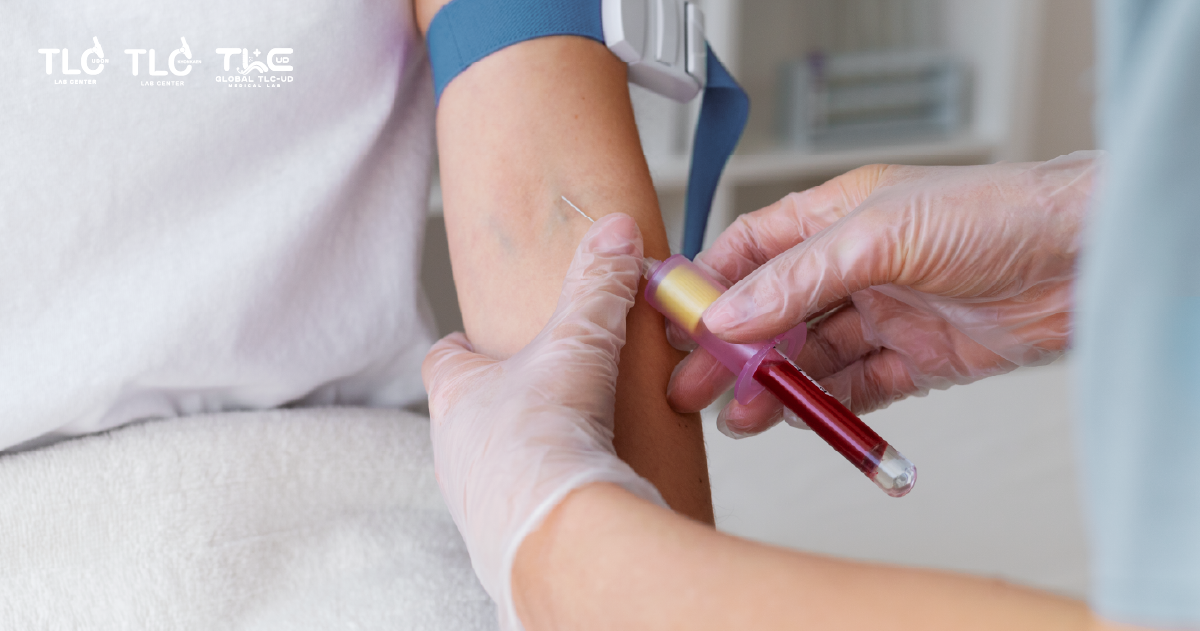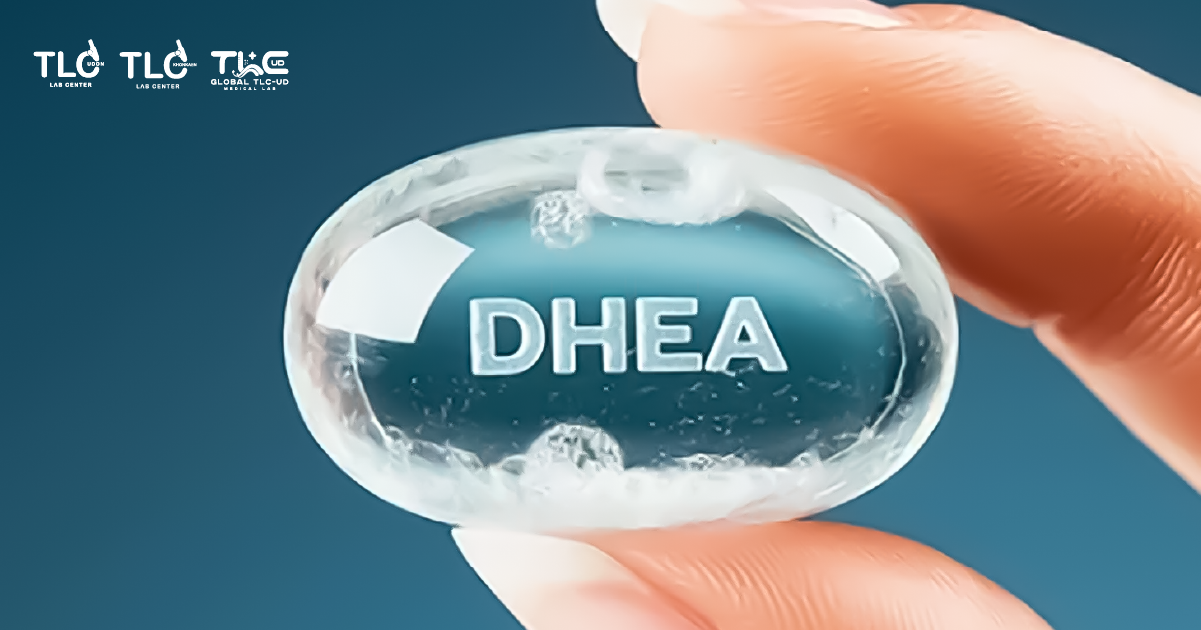When we talk about important hormones in the body, many people may have heard of cortisol. Cortisol is a steroid hormone categorized as part of the glucocorticoid group, produced by the outer layer of the adrenal glands. It is released into the bloodstream in response to stressful or pressured situations, which is why it’s commonly referred to as the “stress hormone.”
What is the Cortisol Hormone?
Cortisol is the body’s main stress hormone. It is typically secreted in the highest amounts in the morning to help you feel alert and energized to face a new day. The levels then decrease throughout the day, dropping to only about 10% in the evening. However, if the body experiences chronic stress, the adrenal glands may produce excessive cortisol.
Too much cortisol can accelerate the breakdown of bodily tissues and lead to deterioration. The adrenal glands may then draw from other hormones like DHEA (anti-stress hormone) and sex hormones (oestrogen, progesterone, testosterone) to make more cortisol, eventually causing hormonal deficiencies and adrenal fatigue, leaving the body feeling weak and exhausted.
Why is Cortisol Important to the Body?
Cortisol plays a critical role in:
- The body’s metabolism, by stimulating the liver to produce glucose and converting fats, proteins, and carbohydrates into energy.
- Regulating the sleep-wake cycle.
- Reducing inflammation in the body.
- Balancing blood pressure levels.
- Boosting energy to cope with stress and helping the body restore balance afterward.

Synthetic corticosteroids (cortisol-like medications) are used to treat various conditions such as:
- Asthma
- Dermatitis (skin inflammation)
- Psoriasis
- Autoimmune diseases
- Inflammatory bowel disease
- Addison’s disease
- Certain cancers related to the immune system
- To suppress immune response after organ transplants
hen cortisol levels fluctuate or are abnormal, it may result in various symptoms.
When Cortisol Levels Are Too Low:
A significant drop in cortisol can lead to Addison’s disease, with symptoms such as:
What Happens When Cortisol Is Out of Balance?
Cortisol is released in the morning to prepare the body for alertness and unexpected events, and it should decline by evening as the body prepares for rest. However, if you’re under stress all day, cortisol may continue to be secreted, preventing proper rest in the evening. Over time, this can lead to body wear and tear and adrenal fatigue.

How Does Stress Affect the Adrenal Glands?
Chronic stress can trigger adrenal fatigue, a condition caused by the overuse of the adrenal glands. Diagnosing adrenal fatigue involves measuring two adrenal hormones:
- Cortisol
- DHEA
These hormones are measured via blood tests. Treatment focuses on restoring these two hormones to a balanced level.
Symptoms of Adrenal Fatigue:
- Difficulty waking up in the morning
- Fatigue and lack of energy, especially in the afternoon
- Feeling sleepy but unable to fall asleep
- Dizziness or light-headedness when changing positions (e.g., sitting to standing)
- Craving sweets or salty foods
- Frequent urination
- Frequent menstrual cramps
- Dry skin and frequent allergic reactions
- Bloating or indigestion
- Constipation
- Stress and depression
- Difficulty losing weight despite diet and exercise
- Feeling instantly better after eating sugar
How to Care for Adrenal Fatigue (Maintain Cortisol Balance):
To maintain balanced cortisol levels:
- Get enough sleep (6–8 hours), ideally going to bed before 9 p.m.
- Manage stress with relaxing activities such as meditation, yoga, massage, or sound healing
- Eat foods rich in antioxidants such as non-sweet fruits and vegetables, whole grains, legumes, and some meats (duck, chicken, fish)
- Exercise moderately to reduce stress and boost health, but avoid overexertion, as intense workouts can temporarily spike cortisol
- Avoid toxins, as they can cause inflammation and increase stress in the body
Laboratory Testing:
Recommended hormone tests:
- Cortisol
- DHEA
* No need to fast before the test. It’s best to perform the test between 7:00–10:00 a.m.
















